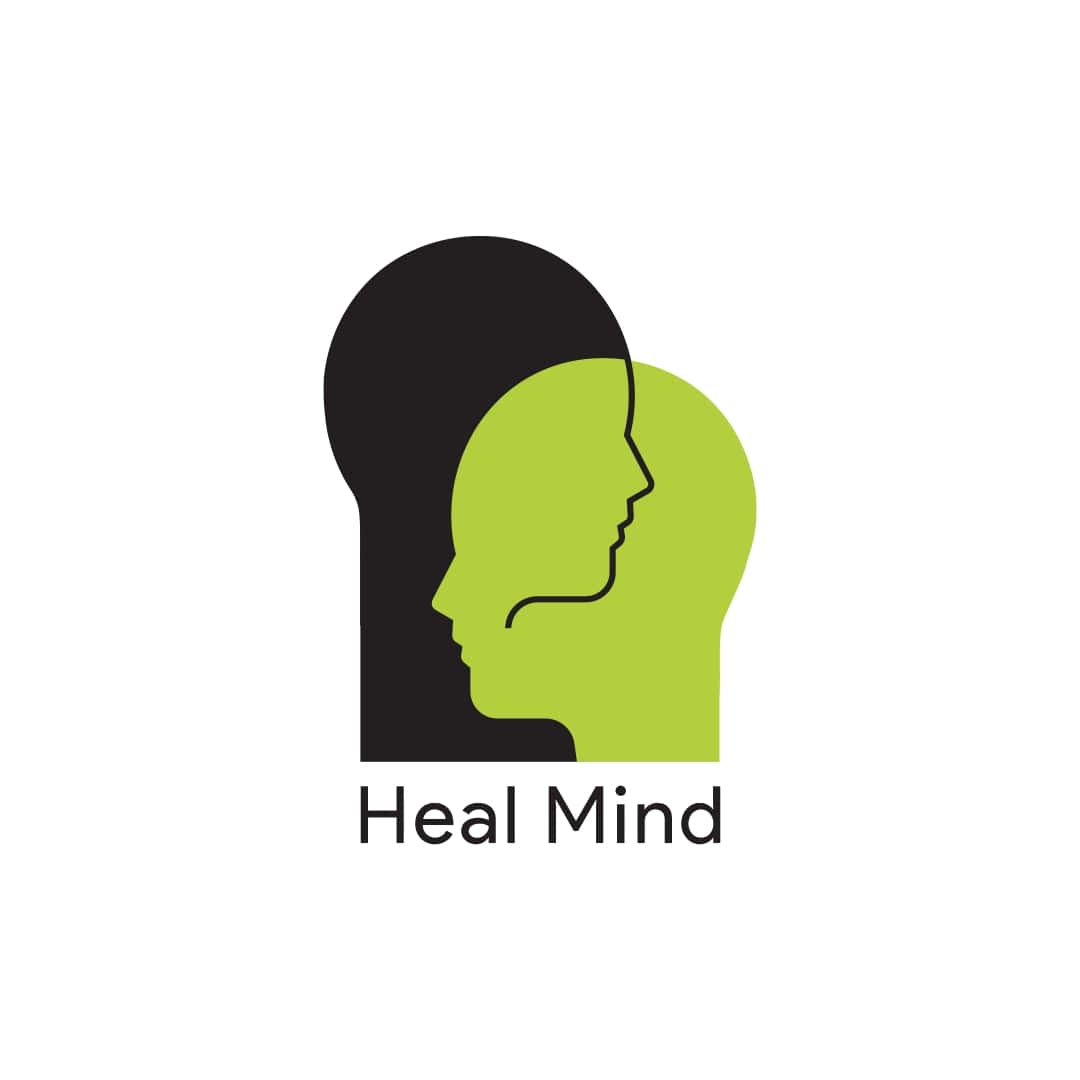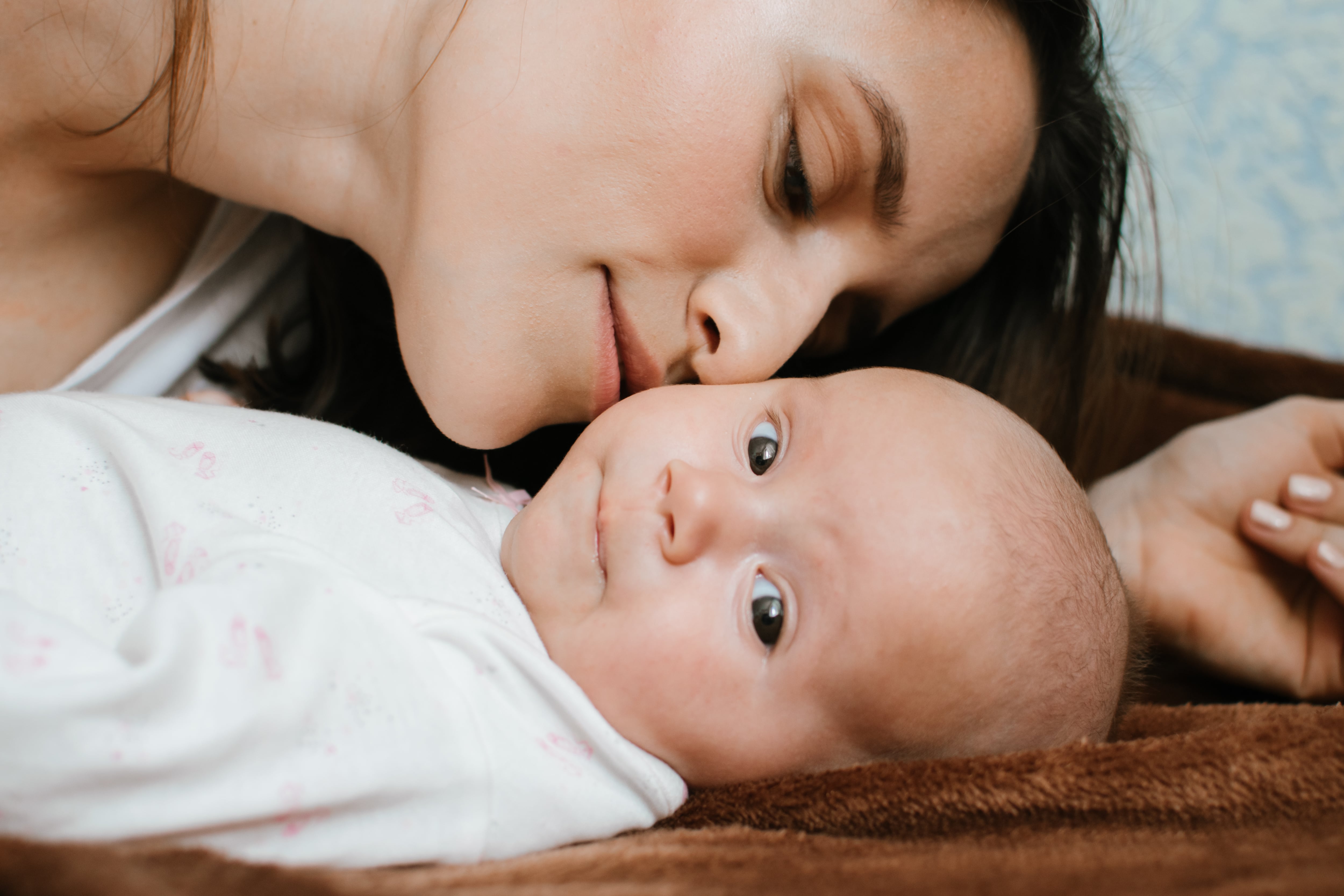Introduction:
Welcome to your adorable baby! As a psychologist who specializes in post-partum health, I’m here to offer assistance and guidance to all the wonderful parents who just welcomed an unexpected member in your household. Being a parent is an amazing and transformational experience, but it’s not without many difficulties, among which is postpartum depression (PPD). We’ll discuss the definition of PPD its most commonly seen signs and, more importantly, the best way to beat it in an informative, welcoming, and encouraging tone.
1. Understanding Postpartum Depression:
Postpartum depression isn’t an indication of weakness or an individual flaw. It’s a medical issue that affects every new parent regardless of their age background, experience, or even education. PPD is typically diagnosed within the first couple of weeks or months after the birth It’s crucial to realize that it’s not due to you. The reasons behind PPD can be multi-faceted, ranging in severity from hormone changes, to lifestyle changes.
2. Signs and Symptoms:
PPD may manifest differently, so it’s important to recognize the indications. If you’ve experienced a constant feeling of unhappiness anxiety, or even stress, it could be a sign of PPD. Other signs that can be seen are changes in your appetite and sleep patterns, anxiety, trouble concentrating feelings of guilt or desperation, and a decrease in interest in the activities you used to enjoy. It’s fine to seek out help in the event that you’re experiencing these signs.
3. Seeking Support:
The first step in overcoming PPD is to seek out assistance. Do not be afraid to speak to your doctor as well as a therapist, or a support group with a focus on postpartum health. Families and friends can contribute to helping you with emotional support and assistance in the daily chores. where ever you may be you can access a mental health professionals online at Healmind
4. Self-Care:
Being able to take care of yourself isn’t selfish, it’s an essential element of your job as a parent. Make time for self-care even in the smallest of ways. Take time to relax or engage in hobbies and make sure you are eating a healthy, balanced diet. Being active and breathing fresh air can have an impact on your attitude.
5. Emotional Wellness:
Knowing your emotions and learning to manage them is crucial. Use relaxation techniques, like mindful breathing, or even deep breaths to ease anxiety and stress. Setting realistic goals for your child and yourself can ease any stress you are feeling.
6. Positive Affirmations:
Positivity is a potent way to beat PPD. Be reminded that you’re doing your best and it’s okay to seek assistance. There is no one to blame on this process There is optimism for brighter times ahead. You can surround yourself with positive energy and positive affirmations to lift your spirits.
Conclusion:
Parenthood is a significant phase in your life, which is only one aspect of the journey. Although it might be challenging be assured that you are strong enough to conquer it. Find help, prioritize self-care, and be focused on the good things in your lives. Remember that you’re an excellent parent, and there are brighter days in the near future. You’re on the right track!

